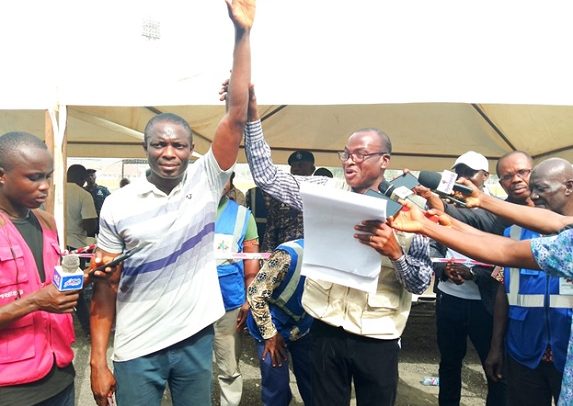
In an era where education systems worldwide grapple with digital transformation and equity, Vida Torgbe stands at the intersection of research, policy, and grassroots impact. With a Master of Public Service from the University of Arkansas Clinton School of Public Service and a Bachelor’s in Sociology and Economics from Ghana’s University of Cape Coast, Torgbe has dedicated her career to bridging gaps in education and social protection—both in her homeland of Ghana and in the United States.
Torgbe’s journey began in Ghana, where she honed her passion for social justice through roles at the Ministry of Gender, Children, and Social Protection. As a Contract Staff, she monitored cash transfer programs like Ghana’s Livelihood Empowerment Against Poverty (LEAP), ensuring vulnerable populations received critical support. Her fieldwork extended to enumerating data for COVID-19 relief efforts, a role that underscored the importance of equitable resource distribution during crises.
Upon moving to the U.S., Torgbe’s commitment to education took center stage. As a Policy Fellow at the Arkansas Department of Education, she developed a toolkit to assess kindergarten readiness under the LEARNS Act, empowering educators with data-driven strategies. Simultaneously, her graduate research with the Celebrate Maya Project focused on addressing pandemic-induced learning gaps among High School students in Little Rock, blending qualitative interviews with community-driven solutions.
In 2025, Torgbe’s groundbreaking study, *Evaluating the Effect of Online Learning Model on Students’ Academic Engagement and Achievement in Ghana, captured global attention. Her research analyzed how digital tools, assessments, and communication platforms impacted over 300 distance learners at the University of Ghana. Key findings revealed that well-structured online assessments and interactive platforms significantly boosted academic performance, though barriers like unreliable internet access and digital literacy gaps persisted.
“The pandemic accelerated online learning, but its success hinges on intentional design,” Torgbe explains. “Students thrive when assessments are transparent, communication is seamless, and systems are user-friendly. But we must address infrastructural inequities to ensure no one is left behind.”
Her work, grounded in Self-Determination Theory, emphasized fostering autonomy, competence, and peer connections in virtual classrooms—a framework now influencing policy discussions in Ghana and beyond.
Beyond academia, Torgbe champions cultural integration as an International Students’ Councilor at the Clinton School, guiding peers through transitions to U.S. life. Her volunteerism at the William J. Clinton Presidential Center and role as a UNICEF rapporteur further reflect her belief in education as a tool for global unity.
“Whether in Arkansas or Accra, education must adapt to meet learners where they are,” she says. “Technology is a catalyst, but human-centered design is the key.”
With plans to expand her research into AI-driven learning tools, Vida Torgbe exemplifies the power of public service—proving that the future of education lies in empathy, equity, and innovation.
By Richard Appiah
The post Feature: Breaking Barriers in Education: The Journey of Vida Torgbe, Scholar and Advocate appeared first on The Ghanaian Chronicle.
Read Full Story
























Facebook
Twitter
Pinterest
Instagram
Google+
YouTube
LinkedIn
RSS